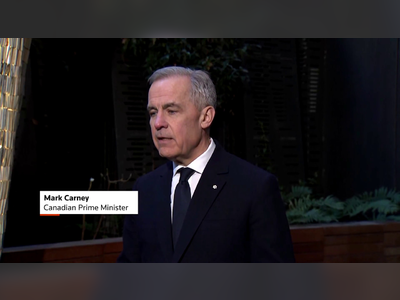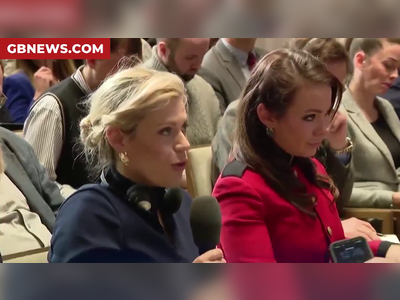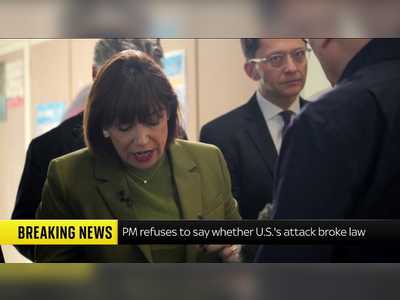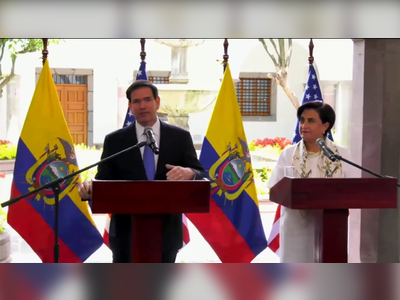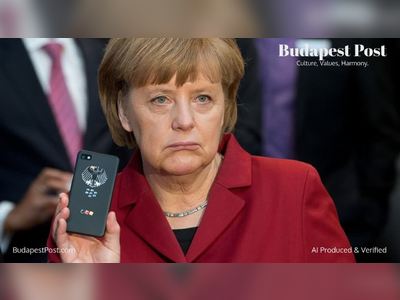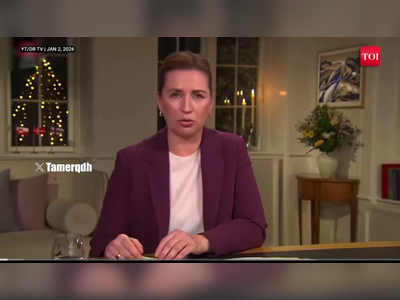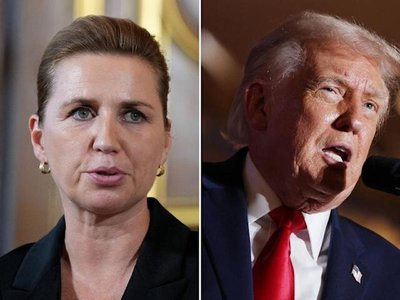Understanding EU Political Dynamics and Lawmaking
The European Union's political dynamics involve three main institutions: the European Parliament, the European Council, and the European Commission. Laws are proposed by the European Commission and passed through the Parliament and the Council of the European Union, which represent national governments. The EU budget is allocated based on the size and type of member states' economies, adherence to EU laws, and policy requirements.
Citizens across the European Union are currently voting in the European Parliament elections to choose direct representatives for the supranational legislative body.
The European Parliament is one of the EU's three main political institutions, along with the European Council, which represents national governments of the 27 member states, and the European Commission, the bloc's Brussels-based executive arm.
The European Commission can formally propose new laws, which are passed through an agreement between the European Parliament and the Council of the European Union, composed of national government ministers of a particular policy area.
Both institutions can reject a law at any stage of the process.
Member states hold a de facto veto power in areas requiring unanimity.
EU countries' heads of state or government meet in the European Council to resolve issues, set priorities, and address global matters.
They also propose the President of the European Commission, who needs majority backing in the Parliament.
The European Council appoints the European Commission and other key officials.
The EU budget is contributed to and received by countries based on their economy, adherence to EU law, and policy needs.
Treaties, regulations, and directives form the core of EU law, interpreted by the Court of Justice of the EU, which can impose fines for breaches.
The European Parliament is one of the EU's three main political institutions, along with the European Council, which represents national governments of the 27 member states, and the European Commission, the bloc's Brussels-based executive arm.
The European Commission can formally propose new laws, which are passed through an agreement between the European Parliament and the Council of the European Union, composed of national government ministers of a particular policy area.
Both institutions can reject a law at any stage of the process.
Member states hold a de facto veto power in areas requiring unanimity.
EU countries' heads of state or government meet in the European Council to resolve issues, set priorities, and address global matters.
They also propose the President of the European Commission, who needs majority backing in the Parliament.
The European Council appoints the European Commission and other key officials.
The EU budget is contributed to and received by countries based on their economy, adherence to EU law, and policy needs.
Treaties, regulations, and directives form the core of EU law, interpreted by the Court of Justice of the EU, which can impose fines for breaches.
Translation:
Translated by AI
AI Disclaimer: An advanced artificial intelligence (AI) system generated the content of this page on its own. This innovative technology conducts extensive research from a variety of reliable sources, performs rigorous fact-checking and verification, cleans up and balances biased or manipulated content, and presents a minimal factual summary that is just enough yet essential for you to function as an informed and educated citizen. Please keep in mind, however, that this system is an evolving technology, and as a result, the article may contain accidental inaccuracies or errors. We urge you to help us improve our site by reporting any inaccuracies you find using the "Contact Us" link at the bottom of this page. Your helpful feedback helps us improve our system and deliver more precise content. When you find an article of interest here, please look for the full and extensive coverage of this topic in traditional news sources, as they are written by professional journalists that we try to support, not replace. We appreciate your understanding and assistance.



